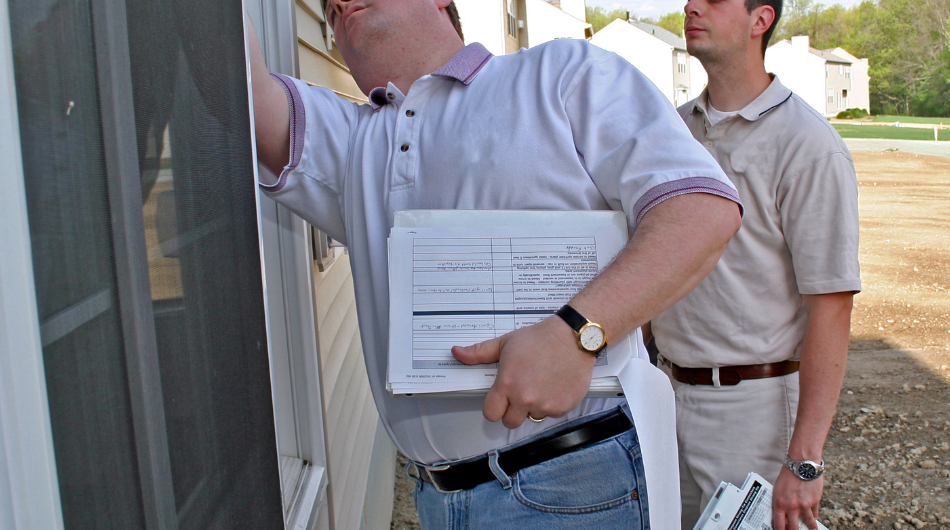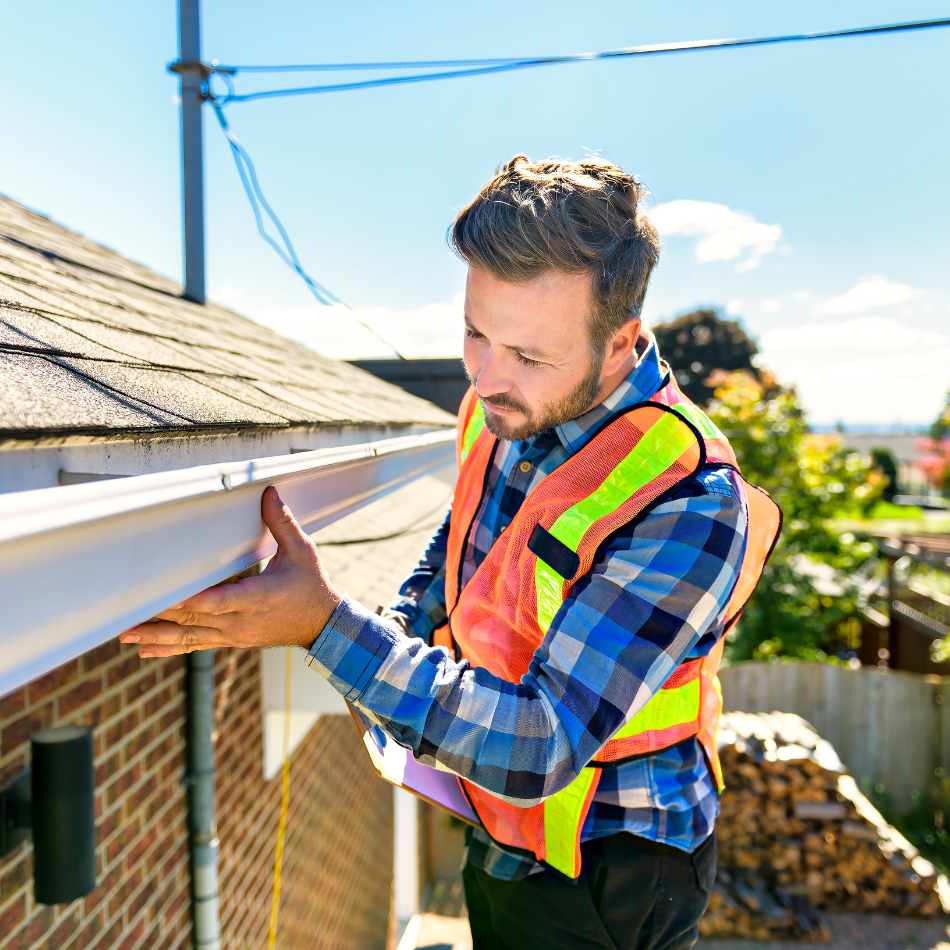Powerful Home Inspection Questions That Could Save You Money

Looking to buy or sell a home in Southern NH houses for sale or Londonderry Houses for Sale? Knowing how to maintain, test, and inspect is a smart move. Whether you're prepping a home for sale or making an offer, maintenance and inspection steps can save money, avoid surprises, and build buyer confidence.
In this guide, you’ll learn:
Key maintenance routines
Essential systems and tests
What data shows about inspections
Top questions to ask during inspection
Use this info to make your home shine—or to shop confidently for your next one.
1. Smart Home Maintenance Routines
Keeping your home in great shape doesn’t require daily effort. Instead, focus on seasonal and annual to-dos.
 Spring
Spring
Clean gutters and downspouts to prevent water damage
Check foundation for cracks
Service HVAC before summer
Inspect roof for winter harm
 Summer
Summer
Trim trees and shrubs
Test smoke alarms and carbon monoxide detectors
Inspect outdoor faucets and hoses
 Fall
Fall
Drain outdoor pipes and irrigation
Clean and inspect furnace
Seal gaps to reduce heating costs
 Winter
Winter
Monitor attic insulation
Protect pipes from freezing
Remove ice dams from roofs
Regular service not only keeps comfort high—it boosts your home's curb appeal and value if you're selling.

2. Essential Testing and Monitoring
Beyond maintenance, strategic testing gives buyers confidence—and helps when you're negotiating.
Radon test: Radon is common in New England. Testing protects safety and aids mortgage approval.
Well water test: If your home has a private well, screening for bacteria and chemicals is vital.
Mold and moisture checks: Data shows 22% of inspections find mold, and 65% find grading issues causing leaks.
Pest inspection: Termites or carpenter ants appear in about 30% of homes.
Electrical safety: Faulty wiring shows up in 28% of inspection failures, with 25% having outdated wiring.
HVAC check: HVAC issues show up in 39% of inspections.
Foundation review: Cracks appear in 12–15% of inspections .
Installing a sump pump, insulating pipes, and adding downspout extensions protects your home and builds trust with buyers.
3. Why Buyers Need a Thorough Inspection
Most buyers—about 85%—find at least one issue during inspections. These findings often lead to negotiation, with 75% requesting fixes or credits.
Here’s what identifies as common issues:
Electrical problems: 25–28%
HVAC issues: ~39%
Roof defects: missing shingles and flashing
Plumbing issues: 33%
Grading and drainage: 65%
Mold: 22%
Foundation cracks: 12–50%
A clean inspection report gives buyers peace of mind—and keeps your sale on track.

4. Top Home Inspection Questions to Ask
When attending an home inspection, speaking up matters. Here are essential home inspection questions to ask your home inspector:
About Structure & Exterior
“Are cracks in the foundation cosmetic or structural?”
“Is water draining away from the home as it should?”
“How old is the roof and any visible damage?”
Plumbing & Water
“What type of pipes does this home use?” (PEX, copper, polybutylene)
“Any signs of leaks or drainage issues?”
“Where is the main water shutoff?”
Electrical & Safety
“Is the wiring up to code?”
“Where’s the main breaker or fuse panel?”
“Any outlets not working or missing GFCI in wet areas?”
HVAC & Insulation
“How old is the HVAC? Any mold or R‑22 refrigerant?”
“Did you turn on heating and cooling? Do they work well?”
“Is attic insulation enough? Any ventilation issues?”
Pests & Mold
“Any signs of termites or other pests?”
“Is there mold or moisture, especially in attics or basements?”
Operational & Maintenance Advice
“Can you show me how systems work, like boiler or sump pump?”
“What maintenance should I plan for each system?”
“Should we bring in specialists—for structural, HVAC, or pest issues?”

5. Use Inspection Results to Your Advantage
Inspection findings are evidence—and give you options:
Request repairs or credits for big issues.
Renegotiate price if costs are high.
Walk away safely if inspection contingency allows and major issues appear.
Budget for future care, like replacing the roof or servicing HVAC.
Inspectors act all around 2–3 hours typically , and cost $300–500 .
6. Pre-Listing Inspections: A Seller Strategy
Sellers can also do inspections early. Why?
Identify issues before buyers do
Sell confidently with documentation
Increase resale value by prepping fixes
Data shows a 3% boost in resale value comes from pre-listing inspections.
7. Local Market Insights: Southern NH & Londonderry
Buyers searching Southern NH houses for sale and Londonderry Houses for Sale want turnkey homes. A clean home inspection report boosts buyer interest and may reduce time on market. When homes are move-in-ready, buyers feel safer and offers get stronger. So ask any home inspection questions you may have while the time is right.
Keep Your Home in Top Shape: Maintenance, Testing & Inspection Essentials
Maintenance, testing, and asking the right home inspection questions keeps homes safer, sales smoother, and value stronger.
85% of homes show defects
Electrical, HVAC, plumbing, and mold are top issues
Spending on maintenance and pre-list inspections pays off
Smart home inspection questions reveal value—so ask them all!
If you're selling in Southern NH or Londonderry, invest in solid home systems, clean testing, and a full inspection report. Buyers, ask all the home inspection questions above. That’s how you make smart decisions and enjoy your next move.

If you need more info on asking the right home inspection questions, or are ready to sell your house give us a call at (603) 883-8840. You can also sign up for your dream home search or reach out to Our Agents for more information. We’d love to help you with your real estate needs.
